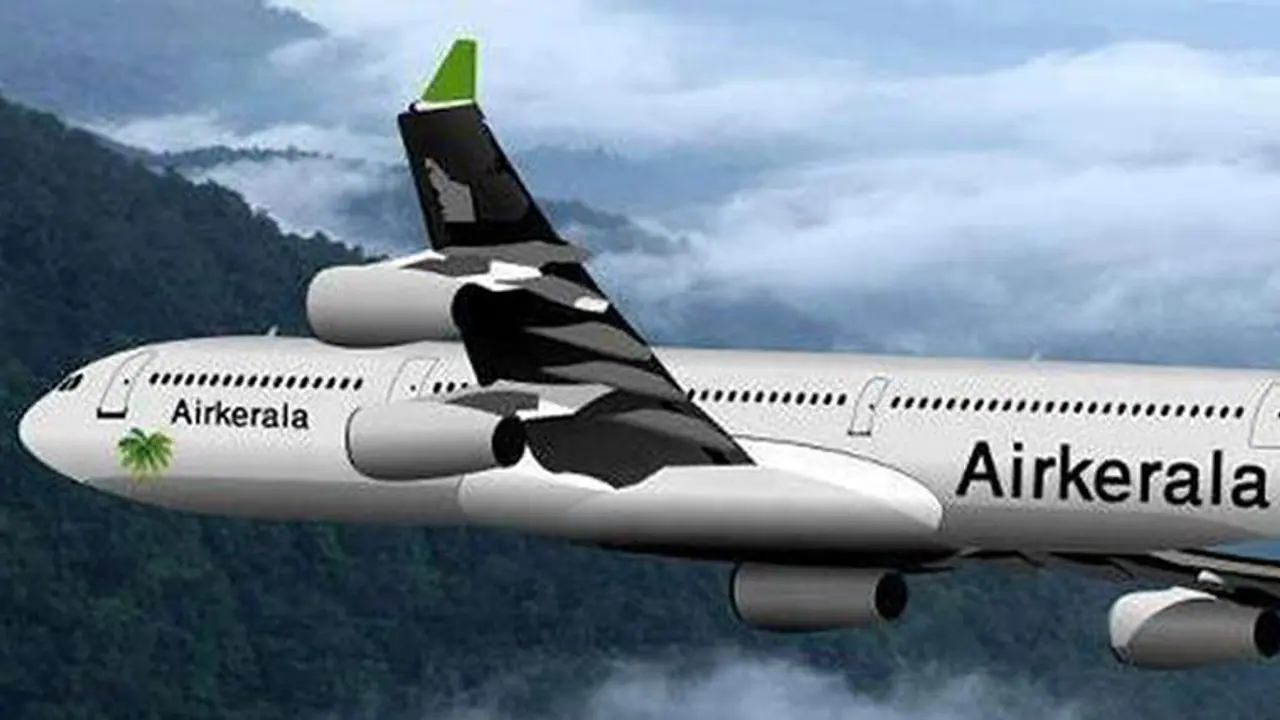The plan was to raise Rs 200 crore through equity as initial capital. Airliners have spiked the airfares manifold recently, prompting Chief Minister Pinarayi Vijayan to raise a protest.

The demand for the Air Kerala, the Kerala’s own airline project promoted by state Govt, is gaining momentum once again. The organizations of expatriate Malayalees in Gulf have offered to find the initial capital for the project which is expected to save non-resident Keralites (NRKs) from the exploitation of airline companies.
Airliners have spiked the airfares manifold recently, prompting Chief Minister Pinarayi Vijayan to raise a protest. The Chief Minister's response has given wings to the expectations surrounding Kerala's own airliner. The expatriate organizations now see a glimmer of hope for the revival of the Air Kerala which was first mooted in 2005.
Sharjah Indian Association President YA Rahim said that the association was ready to take up the effort to raise the initial capital for the Air Kerala project. We will submit a study report on the feasibility of the airline project prepared by the association, he said.
Expat businesspersons and organizations are ready to launch a campaign to raise fund for the initial cost of the project. If the state government took the initiative, the organizations would give all support.
The ambitious Rs.1 billion projects was mooted in 2005 when Oommen Chandy was the chief Minister, with an aim to make air travel affordable to NRKs in the Middle East. In 2016, the government tried to revive the project, but could failed to take off, yet again. There were allegations that some North Indian lobby was playing behind the scenes to scuttle the project.
The plan was to raise Rs 200 crore through equity as initial capital. The state government, Cochin International Airport Limited (CIAL) and public sector undertakings would keep 26% shares while the remaining 74% would be held by shareholders. The plan was to float the company modeled on CIAL, which was launched with public participation.
